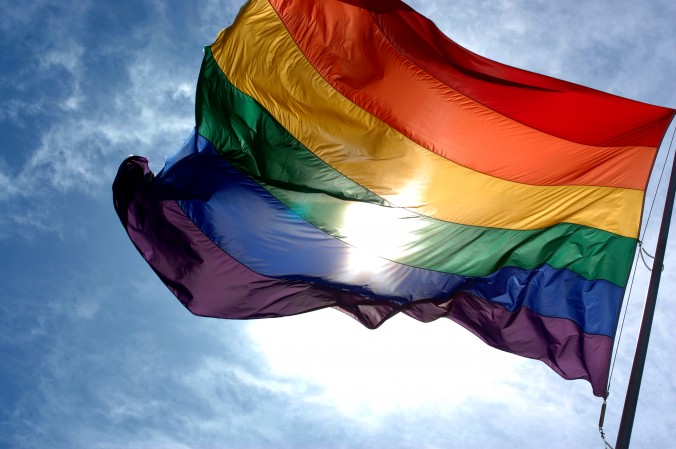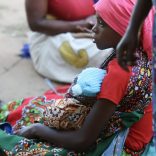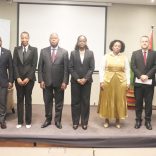Mozambique: 48,000 cases of tuberculosis diagnosed over last six months
Mozambique: Two-thirds of young homosexuals suffer some form of discrimination in education environment – Lambda

in file CoM
Two out of three Mozambican homosexuals aged 18 to 25 suffered some type of discrimination in school environments in Maputo, Beira and Nampula, a study by LAMBDA released on Wednesday says.
The survey, by Mozambique’s first sexual minority association, surveyed a sample of 30 young homosexuals aged between 18 and 25, to analyse violence based on sexual orientation and gender identity in schools.
The survey concludes that bullying and psychological violence are among the main types of discrimination affecting young homosexuals in schools in the three cities.
“Unfortunately, despite the fact that Mozambique is considered a progressive country, we still have worrying situations of discrimination and stigma,” LAMBDA’s executive director Roberto Paulo told Lusa.
Among its main conclusions, the association highlights the claim that more than 60% of perpetrators of violence against young homosexuals in schools are teachers.
“This scares us, because we look at the teacher as that individual who is going to offer us an exemplary education and teach us to accept others, which seems not to be happening,” Paulo said, adding that the association is developing training programmes for schools to prevent these situations.
In some cases, discrimination against young homosexuals can contribute to dropping out of school, in addition to having a profound psychological impact on victims, the report adds.
“Transgender men and women are the most affected and have the highest dropout rates,” the association’s executive director warns.
LAMBDA is the first association for the defence of sexual minorities in Mozambique, and has been embroiled in a legal battle to secure legal recognition by the Mozambican government for more than ten years.
The government justifies its refusal to recognise the association with Article 52 (3) of the constitution, in addition to considering that LAMBDA’s statutes violates a clause of the 1991 Law of Associations preventing the registration of associations that pursue purposes contrary to “the country’s moral, social and economic order and offend the rights of third parties or the public good”.
In 2017, the Constitutional Council of Mozambique (CC) considered the government’s position unconstitutional, stating in its ruling that the constitutional reform of 2004 does not indicate, in the chapter on associations, reasons of ‘moral order’ or ‘public good’ as grounds for refusing to recognise an association.
Despite the Constitutional Council’s 2017 ruling, the association has to date remained unacknowledged by the government, despite having submitted all documents required for legalisation. It continues to advocate in defence of sexual minorities in the country in partnership with various entities.












Leave a Reply
Be the First to Comment!
You must be logged in to post a comment.
You must be logged in to post a comment.